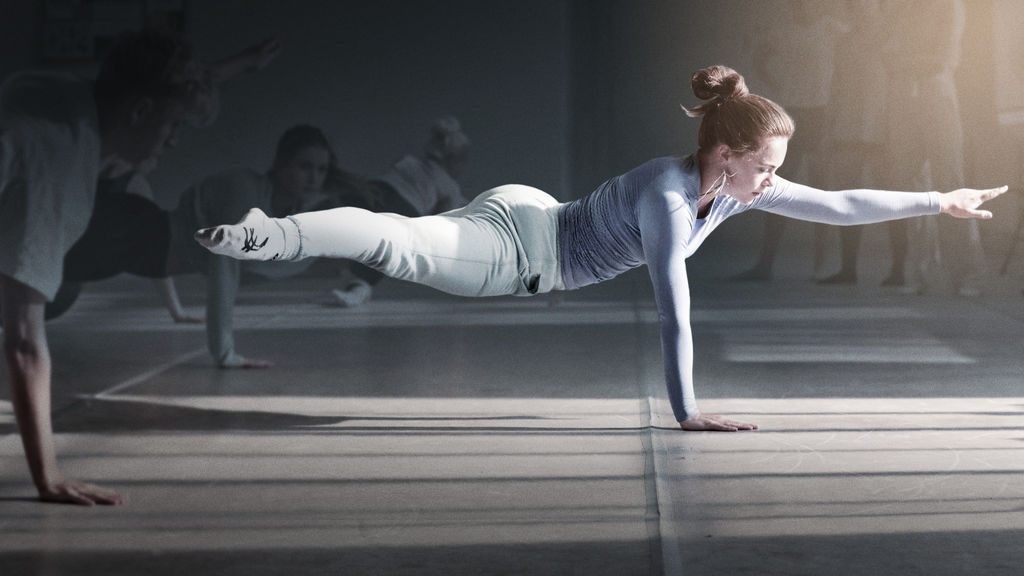Summary
As a contribution to the burgeoning dance romance film genre, Norway’s Battle takes few chances and breaks little new ground.
When Battle begins, it’s difficult not to see it as merely a Norwegian version of Save the Last Dance. Unfortunately for Battle, it struggles to avoid unfavourable comparisons to that film, and mostly fails to make an impression on audiences as a unique entry into the dance-romance genre.
Battle focuses on the privileged life of Amalie, a wealthy girl who spends all of her time and energy on modern dance, where she and her classmates are training for the chance to be awarded a coveted position at a prestigious dance academy in the Netherlands.
But everything changes when one day out of the blue her home is foreclosed upon, and she and her father are forced to collect only their most essential possessions. They move into a tiny apartment while things are sorted out, and while her dad insists that this will be only a temporary situation, from Amalie’s perspective she may as well have been transported to another planet.
Then, in the process of searching for a new training location, she happens upon a local youth centre where Mikael gives her a very abrupt and sudden introduction to the basics of hip-hop dance and, as they would say in a cheesy trailer from the 1990s, worlds collide.
It’s a formula that has been done before (and done better, to be honest) by a handful of other dance films, but the biggest issue by far is the presence of so many thinly-written and underdeveloped lead characters. Amalie, in particular, is written in a way that makes her actions borderline nonsensical.

She goes to great lengths to preserve her relationships with her old friends and maintain her standing within the wealthy community she used to operate within, either outright lying to people or refusing to communicate with them. But she doesn’t actually seem to like her dance friends all that much nor does she, confusingly, have any great connection to her boyfriend (who she treats appallingly, by the way, constantly dropping off the grid and standing him up with little or no apology).
She devotes her life to modern dance but doesn’t act particularly engaged in class or interested in the Dutch dance school, for that matter. It makes for a frustrating viewing experience because she continually messes all of her relationships up for no clear reason. And while both Lise Teige and Fabian Svegaard Tapia (Amalie and Mikael, respectively) give perfectly fine performances, they suffer from the fact that their only real character descriptors are the fact that they dance and regularly exhibit poor decision-making skills.
The one area where the film does excel in is the dance sequences. The intersection between formal modern dance and the moimprovisationalnal style of a hip-hop dance battle is demonstrated particularly well here, and both are celebrated within the film’s narrative.
Sometimes in films like this, we see the formal dance technique derided as stodgy and repressive, while the freefrom style is held up as more expressive and emotionally honest. But Battle does an excellent job of showing that these two styles are more of an extension of one another than anything else, particularly in the final dance scene which blends the two beautifully. All of the dancers are remarkably skilled, and their choreography is both intelligently crafted and engagingly performed.
Ultimately, though, a dance movie should have more going for it than just good dance sequences — there needs to some compelling aspect of the storyline that keeps audiences invested in between the choreographed bits. For that reason, Battle falls short of many other entries into this genre.



